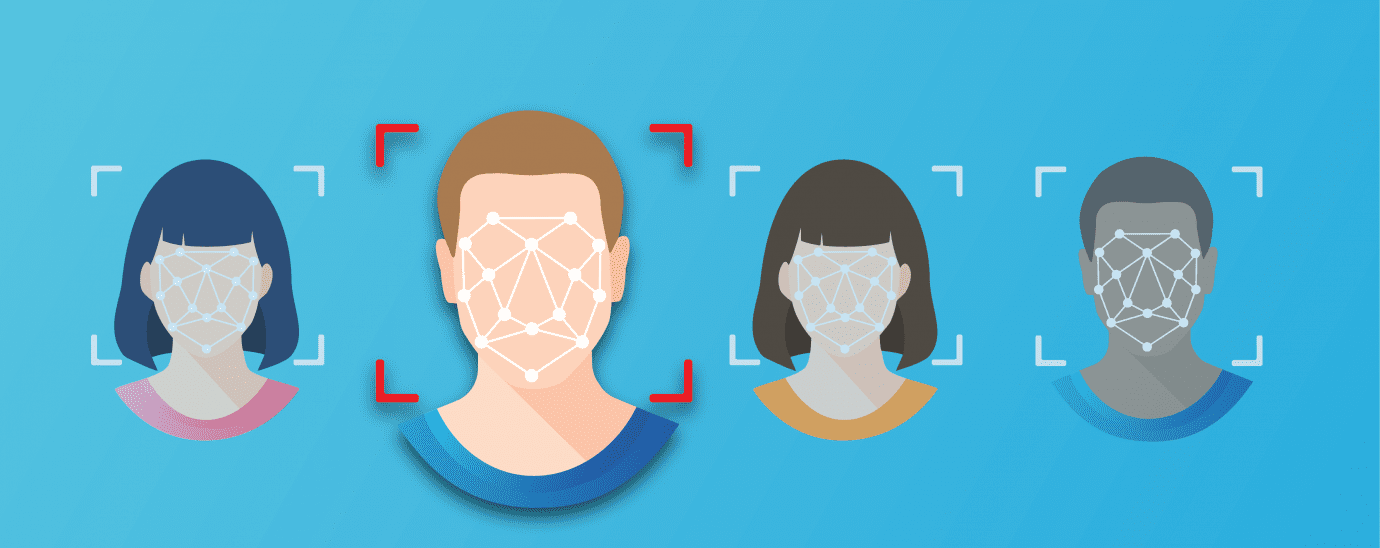Google, Facebook hit Clearview AI with lawsuit over facial recognition app

A class-action lawsuit has been filed this week against controversial start-up Clearview AI
In a report published by New York Times, ‘The Secretive Company That Might End Privacy as We Know It’, Clearview AI is believed to have devised a “groundbreaking facial recognition app”, whose database of over three billion images scraped from social networks like Facebook and Youtube “goes far beyond anything ever constructed by the United States government of Silicon Valley giants.”
The New York-based start-up, founded by the secretive, one-time model and serial app developer Hoan Ton-That, claims that it can reveal the name, location and other identifiers of a person based on a single image. Perhaps even more troubling is its potential for integration with AR. The New York Times reported that it found underlying code which would effectively enable the app to pair with augmented reality glasses, meaning that “users would potentially be able to identify every person they saw.”
READ MORE: How Does Facial Recognition Software Work?
Facial recognition software has the ability to open the privacy flood-gates. This has previously been seen as a barrier standing in the way of many companies developing such tools. Those with the ability to do so have in the past set stringent privacy measures, or refrained altogether, for ethical reasons or perhaps for fear of contributing to the widespread erosion of privacy. But not Hoan Ton-That.
According to the company, more than 600 law enforcement agencies have used Clearview. The company has declined to provide a list of those agencies, but it is believed that local police forces all the way up to the Department of Homeland Security are using it to solve cases ranging in severity from shoplifting to murder.
The New York Times journalist Kashmir Hill had numerous law enforcement agents run his photograph through the Clearview app, and soon after those same agents received calls from a Clearview representative asking if they were talking to the media. In Hill’s words, this demonstrated that the company “has the ability and, in this case, the appetite to monitor whom law enforcement is searching for.”
According to the lawsuit, Clearview’s technology effectively leads to a “massive surveillance state with files on almost every citizen, despite the presumption of innocence.” The complaint also alludes to the comments of one of Clearview’s early backers, David Scalzo, who had admitted that its technology may be laying the groundwork for a “dystopian future.”
The complaint continues: “Clearview’s technology poses a grave threat to civil liberties. Constitutional limits on the ability of the police to demand identification without reasonable suspicion, for instance, mean little if officers can determine with certainty a person’s identity, social connections, and all sorts of other personal details based on the visibility of his face alone.”
